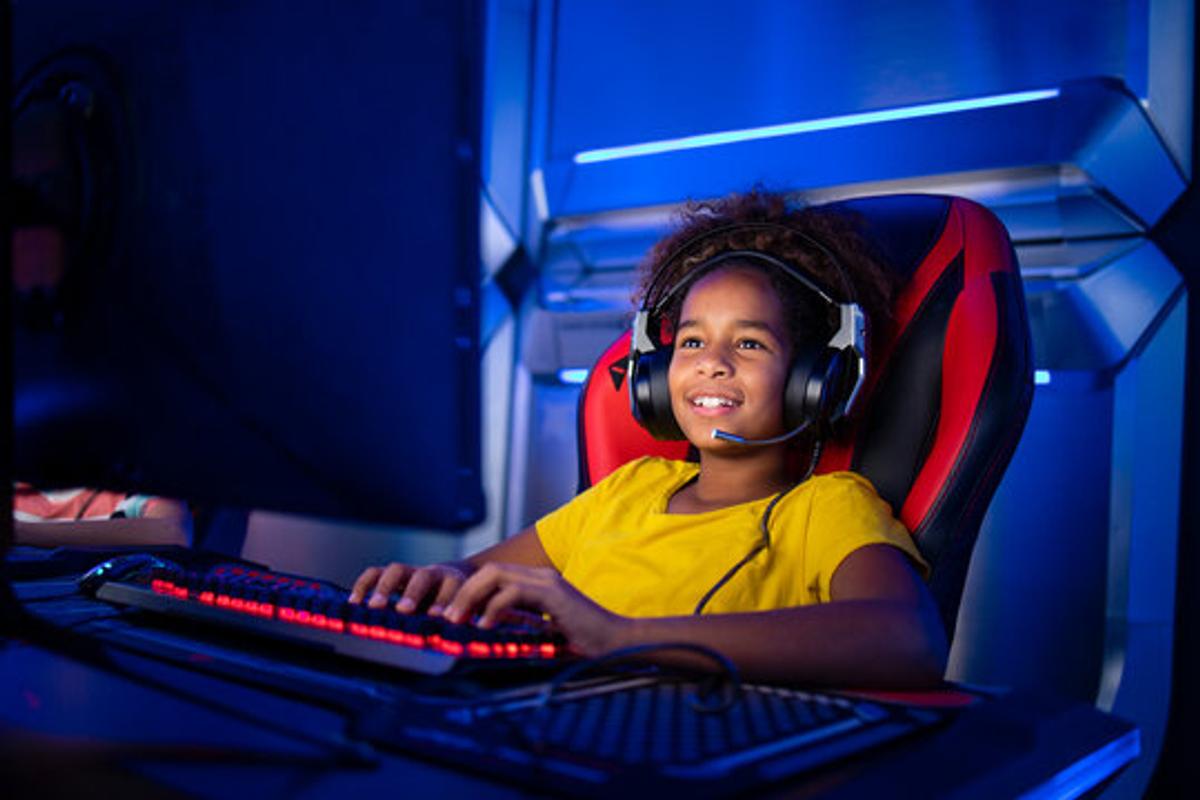ESafety
Parents as Partners to tackle Cyber Safety at home

ESafety
Parents as Partners to tackle Cyber Safety at home


Gaming can be a way to:
• Have fun and be entertained.
• Relax and reduce stress.
• Keep the mind active.
• Develop creativity.
• Strengthen decision making and strategic skills.
• Connect with others.
For most gamers, playing is a casual pastime. But a growing number of people play or watch competitive gaming (or eSports) as individuals, teams or families. Many gamers belong to vibrant and active communities. Gaming can be used for a range of other purposes. These include general school education, right through to specialist workplace training (for example, flight simulations and various defence and cybersecurity exercises). While gaming often has positive effects on the mental health and wellbeing of participants, it also has risks — like most online activities.
Gaming risks
It is important to take a balanced view and recognise that gaming, like everything online, has its pros and cons. eSafety research has found that people playing online games can be exposed to risks including:
• Cyberbullying (for example threats, verbal abuse, ganging up, exclusion).
• Inappropriate language, age-inappropriate content, or access to pornography.
• Unwanted contact from others, including ‘grooming’ by a sexual predator.
• In-app purchasing.
• Themes or elements that may encourage young people to gamble now or later in life.
• Giving out too much personal data.
• Spending too much time online.
Many multiplayer games involve hundreds or even thousands of people playing at the same time. The gamers can communicate with friends and strangers through web cam, private messaging or online chat functions. This increases the risk of contact from online abusers or bullying from other players.
Managing gaming
The best way to help your child manage the risks is to take an active interest in their gaming. Select the right privacy settings Make sure your child only joins games suitable to their age and maturity. The privacy settings can also be restricted so your child only plays or chats with gamers they know.
Listen and ask questions
Have a conversation with your child about common gaming issues using the eSafety kids and eSafety young people pages to guide them. You can workshop strategies to deal with upsetting or inappropriate behaviour and learn together how to report, mute and block abusive players.
For more information visit- eSafety Commissioner: Gaming